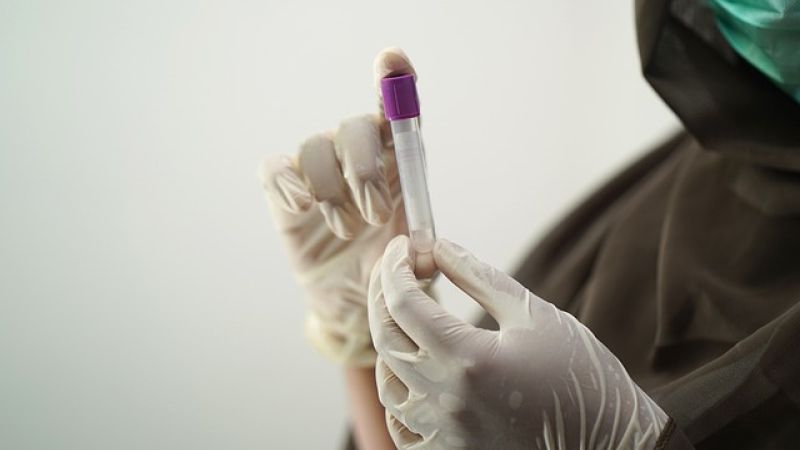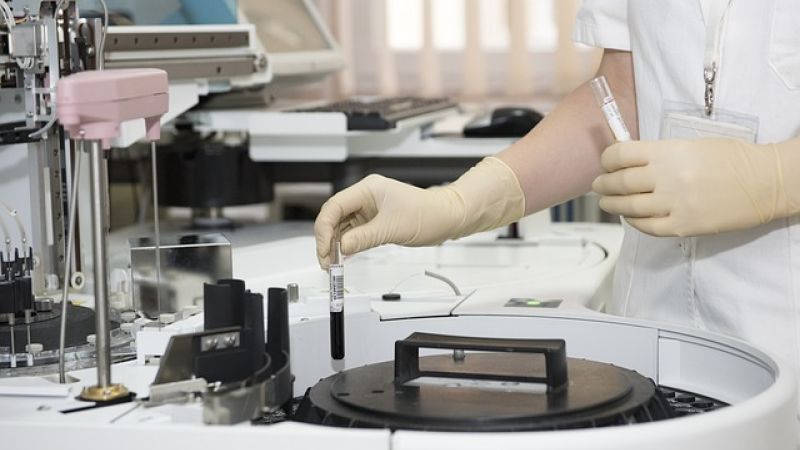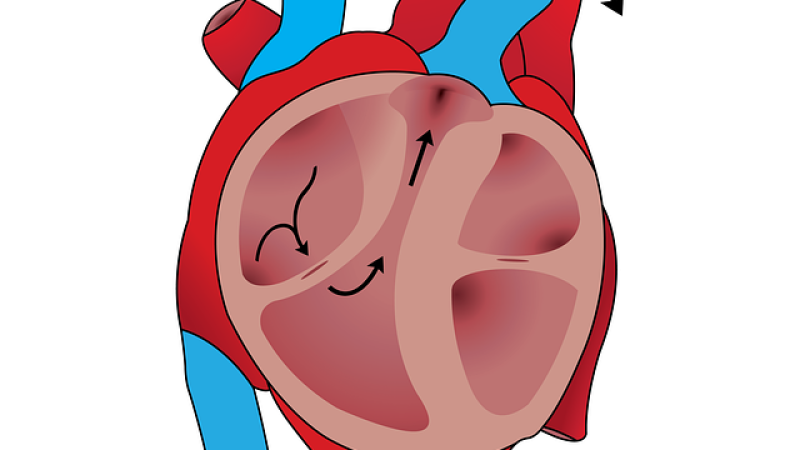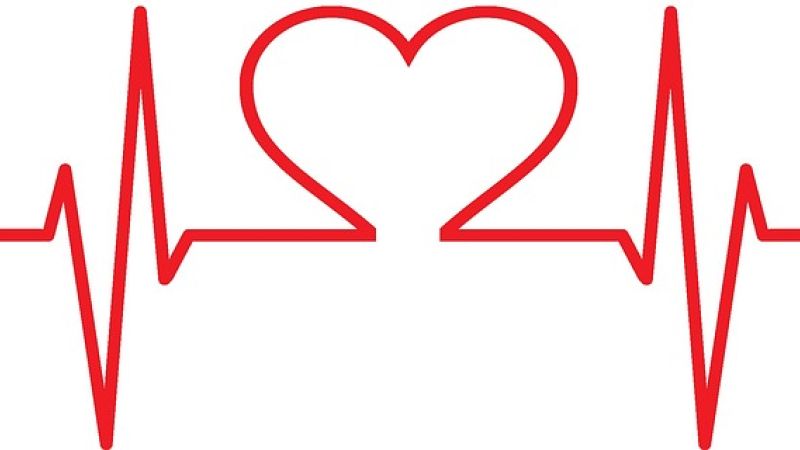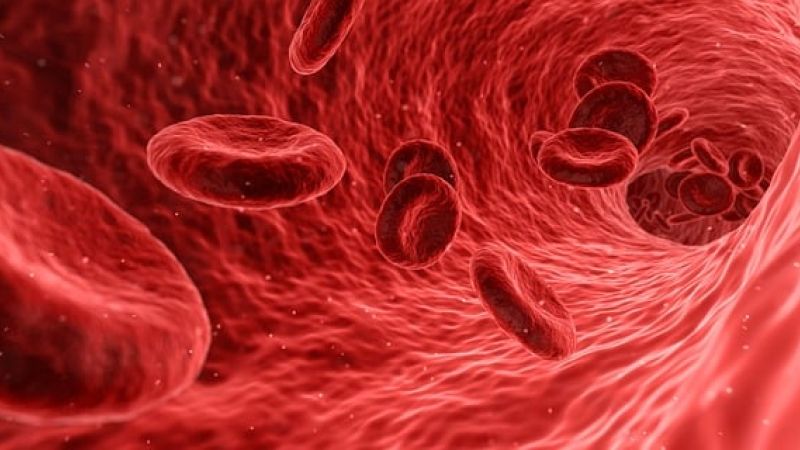
LDL-C
What is LDL?
The liver produces cholesterol that your body needs and packages fat molecules (cholesterol, phospholipids, and triglycerides) in very low-density lipoproteins (VLDL). As VLDL transports fat to cells around your body, VLDL becomes low-density lipoproteins (LDL), the more dense particle. LDL delivers fat wherever it is needed. LDL is the “bad” cholesterol that are prone to damage by free radicals through a process called oxidization within the walls of arteries. Oxidized LDL is even more harmful to health, raising the risk of atherosclerosis, heart attack or stroke.
Our blood test reports LDL-C, the average amount of cholesterol estimated to be contained within LDL particles. LDL-C is calculated by measuring total cholesterol, HDL-C, and triglycerides. For patients with triglycerides more than 400, LDL-C test is not accurate. Other conditions such as severe cirrhosis also make the test inaccurate. For persons with high LDL-C, measuring oxidized LDL, a more expensive test, can provide better estimate for disease risk.
Risks associated with high LDL levels
- Coronary artery disease.
- Peripheral artery disease.
- Heart disease.
- Stroke.
Intervention tips for lowering LDL
There are many natural ways to lower your cholesterol levels when they are borderline high but medications may be required when your cholesterol levels are high.
If your cholesterol is high, please consult with a physician to choose the best intervention for you.
- Healthy diet.
- Avoid high saturated and trans fats, cholesterol, or simple carbs.
- Eat monounsaturated fats from foods like olives and olive oil, canola oil, nuts, pecans, and avocados
- Use polyunsaturated fats, especially omega-3s.
- Eat more soluble fiber and probiotics to promote gut health.
- Consider plant sterols and stanols (plant cholesterol) naturally found in vegetable oils.
- Cholesterol-lowering supplements.
- Omega-3 supplements.
- Niacin (vitamin B3).
- Psyllium: a form of soluble fiber.
- Coenzyme Q10.
- Lifestyle changes.
- No smoking.
- Regular exercise.
- Lose weight.
- Reduce alcohol consumption.
- Control high blood pressure and diabetes.
- Medications.
- Statins to reduce cholesterol production.
- Niaspan: a niacin-based prescription drug with high potency.
- Zetia to lower absorption of dietary cholesterol.
- Probucol and vitamin E to prevent LDL oxidation and atherosclerosis.
Further reading
- Wikipedia contributors. (2020, November 20). Low-density lipoprotein. In Wikipedia, The Free Encyclopedia. Retrieved 18:56, November 25, 2020, from https://en.wikipedia.org/w/index.php?title=Low-density_lipoprotein&oldid=989643886
- WebMD. 2020. LDL Cholesterol. [online] Available at: <https://www.webmd.com/heart-disease/ldl-cholesterol-the-bad-cholesterol> [Accessed 25 November 2020].
- 10 Natural Ways to Lower Your Cholesterol Levels. (2020). Retrieved 25 November 2020, from https://www.healthline.com/nutrition/how-to-lower-cholesterol
- Publishing, H. (2020). On call: Niacin for cholesterol – Harvard Health. Retrieved 25 November 2020, from https://www.health.harvard.edu/newsletter_article/on-call-niacin-for-cholesterol
Lastly, if you’re interested in going deeper on health-related content, here are a few of our recent posts that you may want to read:
P.S. Want to boost your intracellular NAD levels? Try a 2 week trial of our Jinfiniti Vitality Boost (do 2 scoops per day), use the discount code welcome20 if you’re a new customer for 20% off your 1st order).
Read More







